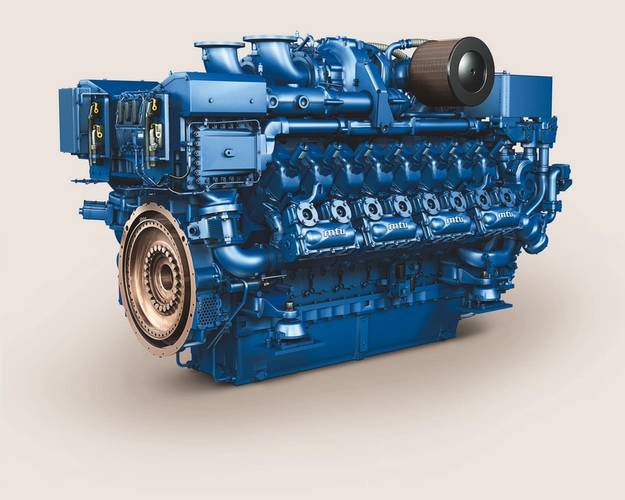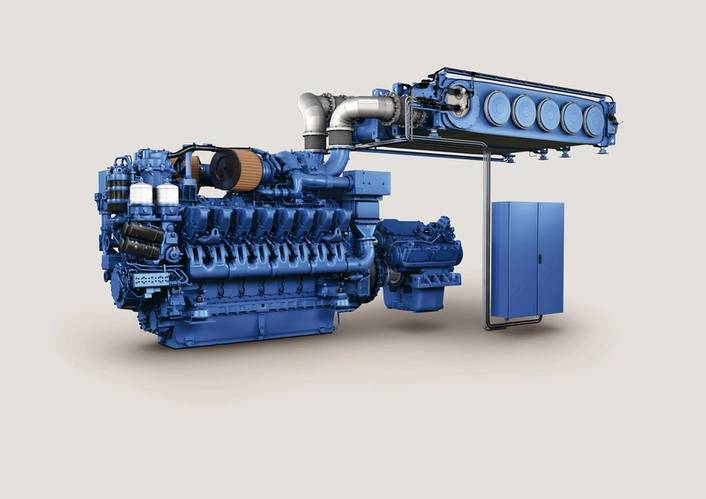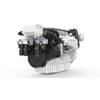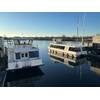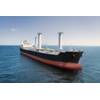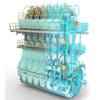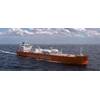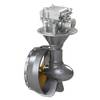At the international maritime exhibition Nor-Shipping in Oslo from May 30 to June 2 2017, MTU, part of Rolls-Royce Power Systems, presented its propulsion and systems portfolio, primarily for offshore supply vessels, workboats and ferries. This included Series 2000, 4000 and 8000 propulsion engines in an output range from 400 to 10,000 kW, hybrid propulsion solutions and diesel electric propulsion systems and diesel gensets for the supply of on-board power.
Rolls-Royce showcased MTU’s Series 4000 diesel engine meeting IMO III and EPA Tier 4 emission regulations. This fifth generation Series 4000 engine complies with the emission regulations using a variety of technical advances incorporated in the turbocharger system, the combustion process and the fuel injection system, in addition to a new SCR system developed by MTU. With the integrated solution for IMO Tier III and EPA Tier 4, consisting of MTU’s propulsion system and SCR exhaust gas aftertreatment system, the customer benefits from having an optimally matched system. In relation to the power to weight ratio, the system requires a minimum of installation space and is extremely flexible.
New MTU gas engine for workboats MTU’s new 16-cylinder gas engine will be available as of 2018 with a power range extending from 1,500 to 2,000 kW. This will be followed by an eight-cylinder version with a 750 to 1,000 kW power range. As a result of its dynamic acceleration behavior, its environmental compatibility, reliability and cost-effective operation, is ideally suited for use as the main propulsion in tug boats, ferries, push boats and special purpose vessels, such as research boats. The combustion concept provides an efficient use of fuel and ensures that IMO III exhaust emission standards are met without the need for additional exhaust gas aftertreatment. To meet EPA Tier 4 regulations, a compact oxidation catalyst is mounted on the engine. Due to the use of double-walled gas supply lines, the engine room can be designed in much the same way as for a diesel system.
• 



